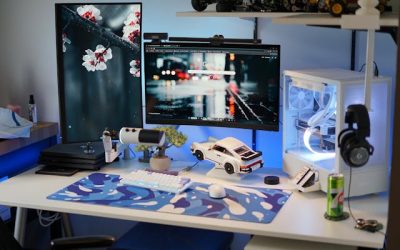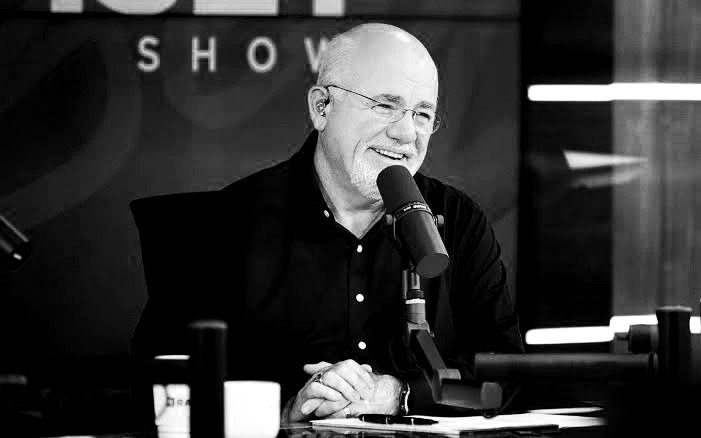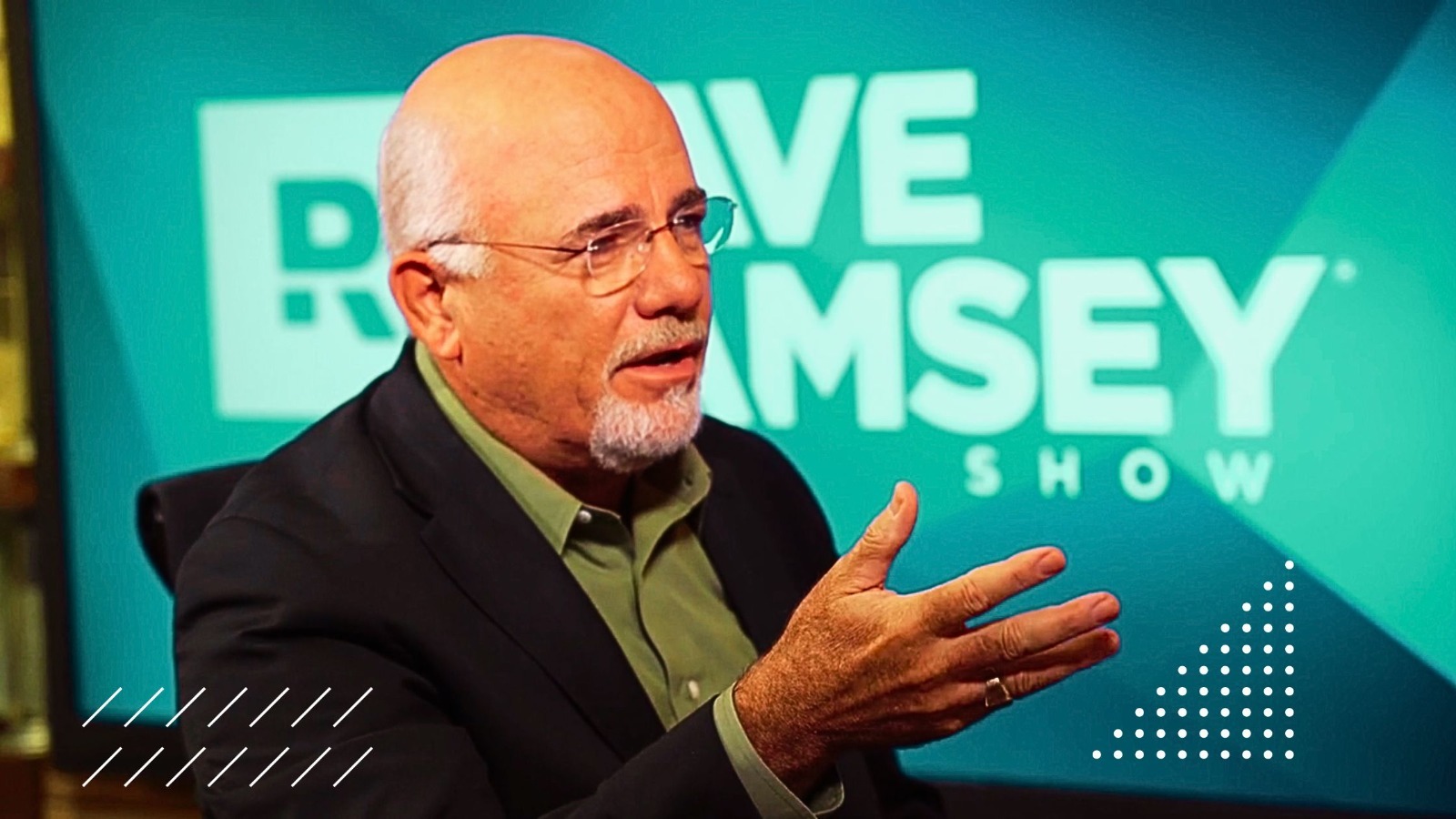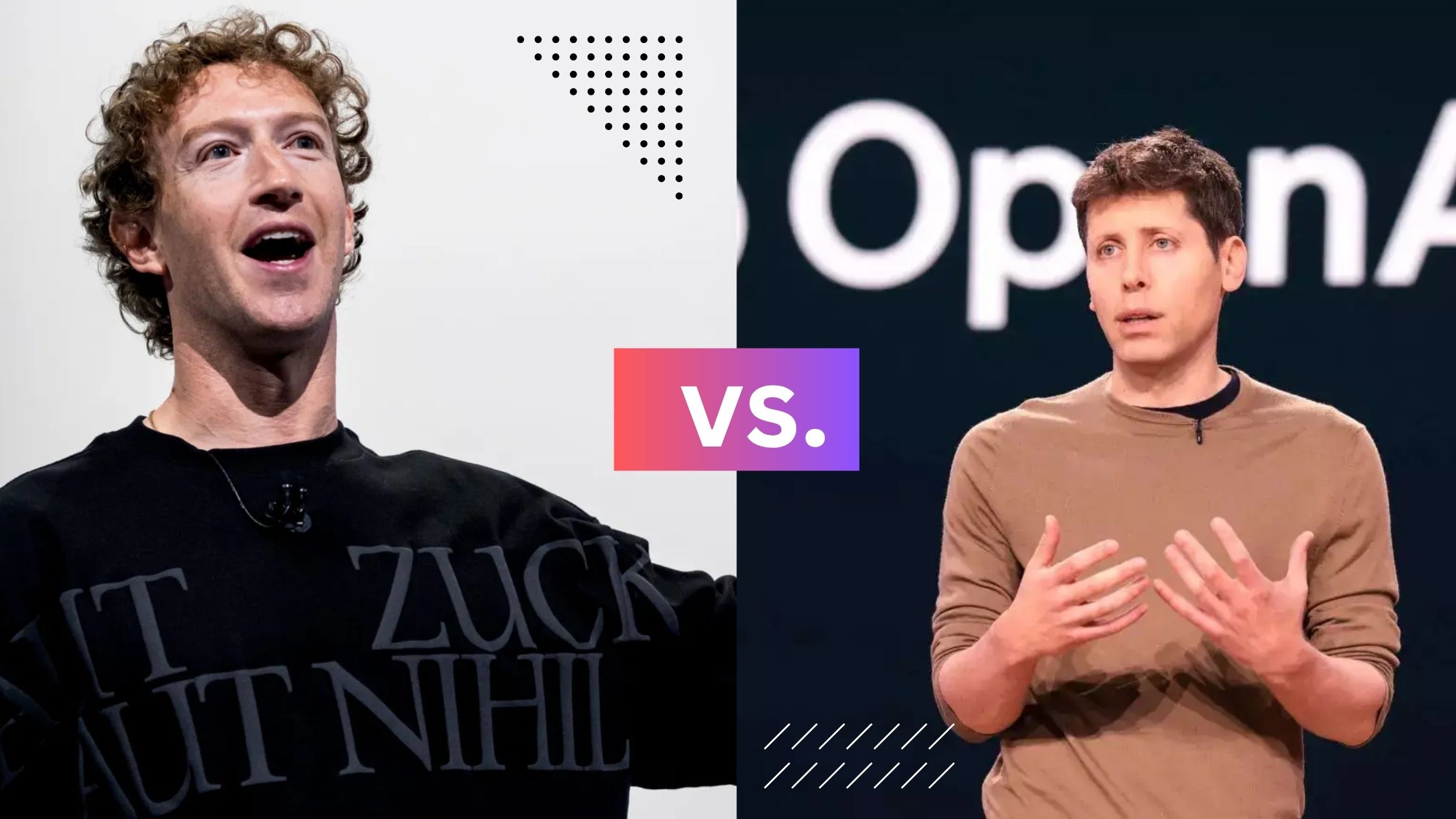The Difference Between People Who Stay Stuck in Their Finances and Those Who Thrive Always Boils Down to One Thing.
 Image: Kris // Pixabay
Image: Kris // Pixabay
Most people say they want better finances: less stress, more freedom, maybe a little cushion so they can breathe easier. You probably know the feeling: scrolling through your bank app late at night, promising yourself you’ll figure it out next month. And yet, have you noticed how some folks keep struggling no matter how hard they hustle? They pick up side gigs, read all the budgeting blogs, and swear this is the year it all changes…but nothing sticks.
Meanwhile, others, sometimes with the same paycheck, manage to save, invest, and build a life that feels secure. It’s not luck. And it’s rarely about working twice as many hours. There’s one core difference between people who stay stuck and those who thrive financially.
This isn’t just another motivational pep talk. By the time you finish reading, you’ll know exactly what that difference is and how to put it to work in your own life.
What Staying Stuck Really Looks Like
It’s easy to think that staying broke is just about not making enough money. But if you look closer, you’ll see the same patterns repeat themselves over and over.
Picture someone who’s been working full time for years but still living paycheck to paycheck. They’re exhausted, but they never seem to get ahead. Each time the rent clears, their account is almost empty again. And it doesn’t matter if their income goes up. They just spend more to feel better, and the cycle continues.
Then there’s the fear of looking at the numbers. Maybe you’ve been there, letting bills stack up on the kitchen table, refusing to log in to your credit card app because you know it’s bad news. The shame grows bigger than the debt itself. So you ignore it.
Another common trap: blaming everything on external forces. The boss doesn’t pay enough. The economy is rigged. The government isn’t helping. And while these factors make life harder, they become an easy excuse that will stop you from looking inward.
Here’s a small story: A friend of mine once told me, “I’d rather not know how much I owe. At least then I can sleep.” But the truth is, avoiding the numbers doesn’t erase them. It just keeps you stuck in the same place.
If any of this feels familiar, you’re not alone. These habits are more common than you’d think, and they’re exactly what separates people who stay stuck from those who finally break through.
What Thriving Really Looks Like
Thriving with money isn’t just about having a bigger paycheck. Sure, higher income helps, but the difference goes much deeper. People who build lasting financial health share a few habits that anyone can learn.
First, they have clarity about their goals. They don’t just say, “I want to be rich someday.” They define exactly what they’re working toward, like paying off $30,000 in debt within three years or saving a down payment for a home. A recent report from Harvard Business Review noted that people who set specific financial goals are up to three times more likely to achieve them compared to those with vague intentions.
Second, they rely on consistent systems. Thriving individuals don’t leave everything to willpower. They automate bill payments, schedule weekly check-ins with their accounts, and track their net worth over time. This habit of routine makes progress almost automatic. As James Clear, author of Atomic Habits, puts it: “You do not rise to the level of your goals. You fall to the level of your systems.”
Ramit Sethi echoes this principle by stressing that automating your money decisions beats relying on willpower.
Third, they have a willingness to learn and adapt. They read books, listen to podcasts, or talk to mentors when they hit a plateau. They’re not afraid to say, “I don’t know enough about investing” or “I need help making a budget.” Research published by the National Bureau of Economic Research shows that financial literacy—the simple skill of understanding money—has a measurable impact on long-term net worth
And maybe most importantly, thriving is not about luck. It’s a skill. It’s built through small, repeatable actions and a mindset that sees money as something you can master, not something that controls you.
When you strip away the myths, you’ll find this simple truth: The people who thrive financially aren’t just “lucky” or “born into it.” They’ve trained themselves to be clear, consistent, and open to learning. And that’s something you can do, too.
The One Thing That Makes All the Difference
Here’s the truth that most personal finance gurus don’t say out loud: that is Ownership. It is the single factor that separates people who stay stuck from people who thrive.
What does taking ownership look like? It’s not just thinking positively or wishing for better luck. It’s a mindset shift that says:
- “No one is coming to rescue me.”
- “I am responsible for my financial outcomes, no matter where I start.”
- “Money is a skill I can learn, practice, and improve.”
When you own your finances, you stop blaming circumstances. You stop waiting for the perfect job, the next stimulus check, or a sudden windfall. You decide that even if you can’t control everything, such as your background, the economy, or your past, you can control your daily choices.
According to research, people with a strong sense of financial self-efficacy—belief in their ability to manage money—consistently have higher savings rates and lower debt. In other words, believing that you are in charge isn’t just motivational fluff. It’s a measurable predictor of success.
Taking ownership also means treating money management as a skill. Think of it like learning a language or playing an instrument. You wouldn’t expect to be fluent in Spanish or master the guitar without practice, right? Managing money works the same way:
- You start where you are.
- You learn the basics.
- You keep showing up, even when it’s uncomfortable.
As James Clear writes, “You do not rise to the level of your goals. You fall to the level of your systems.” Ownership is the mindset that drives you to build those systems, even when no one is watching.
That’s the one thing that makes all the difference. It’s not luck, privilege, or secret knowledge. It’s the decision to own your outcomes and act like your future depends on you, because it does.
Why Ownership Beats Willpower, Hustle, or Luck
You’ve probably heard all the slogans: “Hustle harder.” “Stay motivated.” “Wait for your lucky break.” But here’s what few people admit:
- Willpower fades. No matter how disciplined you are, your energy isn’t limitless. Decision fatigue is real. When life gets stressful, old habits creep back in.
- ‘Hustle’ without direction burns you out. You can work 80-hour weeks and still end up in the same place if you don’t have a clear plan.
- Luck is unpredictable. Waiting for a windfall, an inheritance, or the “perfect” opportunity is a gamble.
Ownership outperforms them all. Ownership doesn’t depend on how you feel or whether circumstances go your way. It’s a commitment to keep showing up, learn, and adjust, even when it’s hard.
Take the story of Tiffany Aliche, better known as The Budgetnista. She lost her job during the recession and nearly lost her home. Instead of blaming the economy forever, she took ownership of her finances, started teaching other women how to budget, and built a multimillion-dollar business helping people get out of debt.
Or look at Ramit Sethi, author of I Will Teach You to Be Rich. His approach is built around this idea: mastering money isn’t about discipline alone; it’s about creating systems that work automatically. He often says, “Automate your money so you don’t have to think about it.” That’s ownership in action: designing processes that don’t rely on daily willpower.
Research backs this up. A large-scale study published in the Journal of Personality and Social Psychology found that self-regulation strategies that focus on the environment and systems are more effective than relying on willpower alone. People who built habits and automated processes (like automatic savings transfers) were consistently more successful in achieving financial goals.
In simpler terms:
- Willpower is like a battery; it drains fast.
- Hustle is like running on a treadmill; it requires lots of effort, little movement if you don’t know where you’re going.
- Luck is like a lottery ticket; you might win, but probably won’t.
Ownership is different. It’s the steady hand on the wheel that makes sure you stay on course, no matter what’s happening around you.
When you decide your financial life is your responsibility, and you build systems to support that decision, you set yourself up to thrive, not just survive.
How to Start Taking Ownership Today
If you’re ready to stop hoping your finances will magically improve, here’s how to take charge without feeling overwhelmed.
Step 1: Get Radically Honest About Where You Stand
Open up your bank statements, credit card bills, and any debt balances. Write everything down. No sugarcoating. The goal isn’t to shame yourself; it’s to see the full picture so you can start making smart decisions.
Step 2: Choose One Habit or System to Improve
Don’t try to overhaul everything overnight. Pick a single area you can upgrade. For example:
- Automate a weekly savings transfer, even if it’s just $10.
- Set up bill reminders so you never miss a payment.
- Track every expense for 30 days to spot patterns.
Step 3: Track Progress Weekly—No Excuses
Every week, spend 10–15 minutes checking in. Ask yourself:
- Did I follow through on my one habit?
- What got in the way?
- What will I do differently this week?
Consistency beats intensity. Little steps add up faster than big ones you abandon.
Step 4: Learn Continuously
Read books like I Will Teach You to Be Rich by Ramit Sethi or Your Money or Your Life by Vicki Robin. Listen to podcasts such as The Stacking Benjamins Show. Follow personal finance experts on social media. The more you learn, the more confident you’ll feel taking action.
Remember: You don’t have to be perfect—just committed.
Ownership isn’t about never making mistakes. It’s about refusing to give up when you do. Start small, stay consistent, and watch how quickly things begin to change.
Common Excuses That Keep You Stuck (and How to Move Past Them)
When you decide to take ownership, your brain will throw up every reason to stay comfortable. Here are the most common excuses and how to flip them into action.
“I don’t have time.”
You are probably busy. But managing your money doesn’t require hours every day. Even 15 minutes a week to review your accounts and plan next steps can change everything over time.
Reframe: “If I have time to scroll, I have time to invest in my future.”
“I’m bad with money.”
Nobody is born knowing how to budget, save, or invest. Skills are learned, not inherited. You became competent at other things by practicing—money is no different.
Reframe: “I’m learning to get better with money, one step at a time.”
“It’s too late for me.”
Whether you’re 25 or 65, taking action today is better than waiting for another year to pass. Progress doesn’t care about age.
Reframe: “The best time to start was yesterday. The second best is right now.”
Bet on Yourself
Thriving isn’t an accident; it’s a daily choice. Every time you decide to show up for your finances, you build freedom. Options. Peace of mind.
If you’ve been waiting for a sign to finally get serious about your money, this is it.
Pick one action today.
Open your statements. Set up automatic savings. Read a single chapter of a finance book.
Small moves compound. And the moment you bet on yourself, everything starts to shift.














